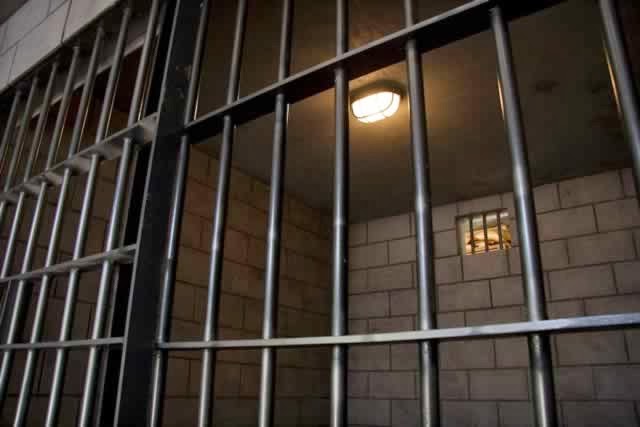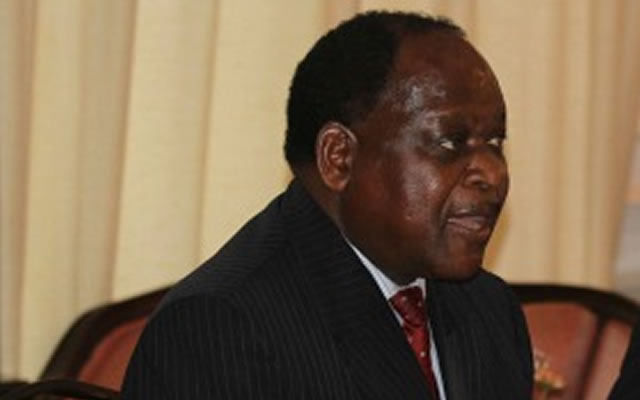Migrant crisis fuels trafficking of Nigerian girls to Europe

ABUJA/DAKAR. — A promising student who dreamed of going to university, Mary was 16 when a woman approached her mother at their home and offered to take the Nigerian teenager to Italy to find work.
Pushed to go by her family who hoped she would lift them out of poverty, Mary ended up being trafficked into prostitution. Her voice faltering, Mary described three years of being forced to sell her body, beatings, threats at gunpoint and being made to watch as a 14-year-old virgin was raped with a carrot before being sent on to the streets of Turin in north-west Italy. After being arrested by Italian police, Mary was repatriated to Nigeria’s southern Edo state in 2001, but she was rejected by her family and left feeling like a failure.
“I returned with nothing,” Mary, now 35, told the Thomson Reuters Foundation from Benin city in Edo. “I hated myself.”
While Mary’s ordeal ended 15 years ago, a soaring number of Nigerian girls like her are being trafficked to Europe — mainly Italy — and forced to sell sex by gangs taking advantage of the chaos caused by the migrant crisis, anti-slavery activists say. Thousands of women and girls are lured to Europe each year with the promise of work, then trapped by huge debts and bound to their traffickers by a religious ritual — the curse of juju.
“The victims are getting younger as girls, mainly those in rural areas, are more likely to focus on the positive stories of those who made it to Europe and didn’t end up in prostitution,” said Katharine Bryant of the Walk Free Foundation rights group.
She spoke ahead of the launch of the third Global Slavery Index, which found Nigeria has the world’s eighth highest number of slaves — 875 500 — and is a key source country for women trafficked to Europe and sold into sex work.
More than nine in 10 of the Nigerian women trafficked to Europe come from Edo, a predominantly Christian state with a population of about three million, according to the United Nations.
Disillusioned by her parents’ disappointment at her return home, Mary hoped to go back to Italy before being referred to Girls’ Power Initiative, a Nigerian NGO that housed her, trained her to run a business and encouraged her to help other victims.
Yet Mary says many former victims have been re-trafficked to Italy, and fears not enough is being done to stop traffickers or persuade women and girls not to go abroad and into prostitution. — Reuters.









Comments